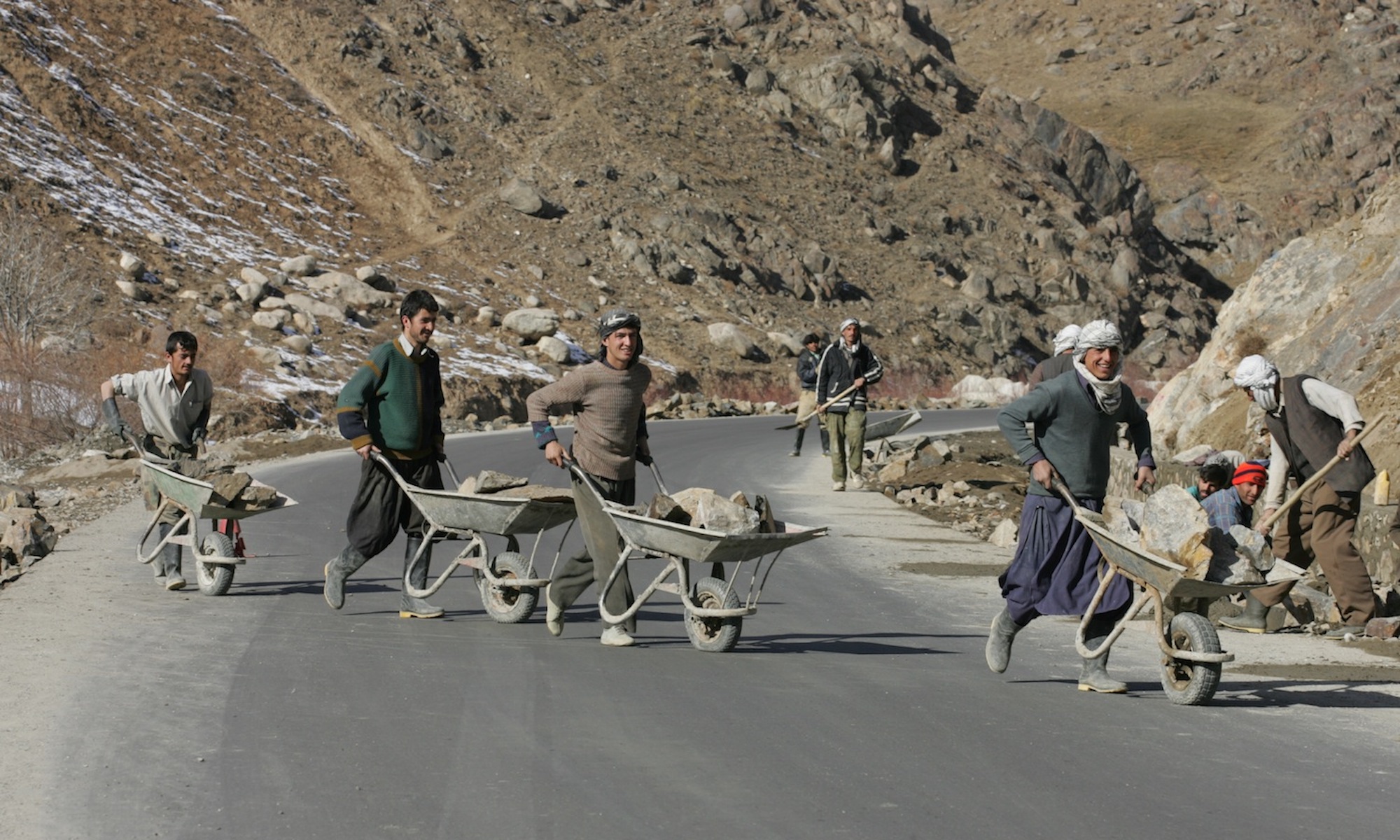The international community has struggled without much success to remedy the problem of failed states. Meanwhile, 40 or 50 countries around the world — from Sudan and Somalia to Kosovo and East Timor — remain in a crisis of governance. In this impressive book, Ghani, a former Afghan finance minister, and Lockhart, who has worked at the World Bank and the United Nations, assess the missteps and offer a new framework for coordinated action. They argue that international responses have failed because they have been piecemeal and have proceeded with little understanding of what states need to do in the modern world system to connect citizens to global flows. They advocate a “citizen-based approach.” State-building strategies would be organized around a “double compact”: between country leaders and the international community, on the one hand, and country leaders and citizens, on the other. The book also proposes methods for the generation of comparative data on state capacity — a “sovereignty index” — to be annually reported to the UN and the World Bank. Ultimately, this study offers a surprisingly optimistic vision. The fact that so many disadvantaged countries have made dramatic economic and political transitions over the last decade suggests that developmental pathways do exist — if only the lessons and practical knowledge of local circumstances can be matched to coordinated and sustained international efforts. The authors provide a practical framework for achieving these ends, supporting their case with first-hand examples of struggling territories such as Afghanistan, Sudan, Kosovo and Nepal as well as the world’s success stories–Singapore, Ireland, and even the American South.

INSCT Postconflict Research Database
The Institute for National Security and Counterterrorism's Postconflict Research Database & Analysis Project stores cross-indexed bibliographic information on hundreds of journal articles, books, book chapters, and case reports that address the broad, interdisciplinary fields of postconflict reconstruction, stabilization, and peacebuilding.